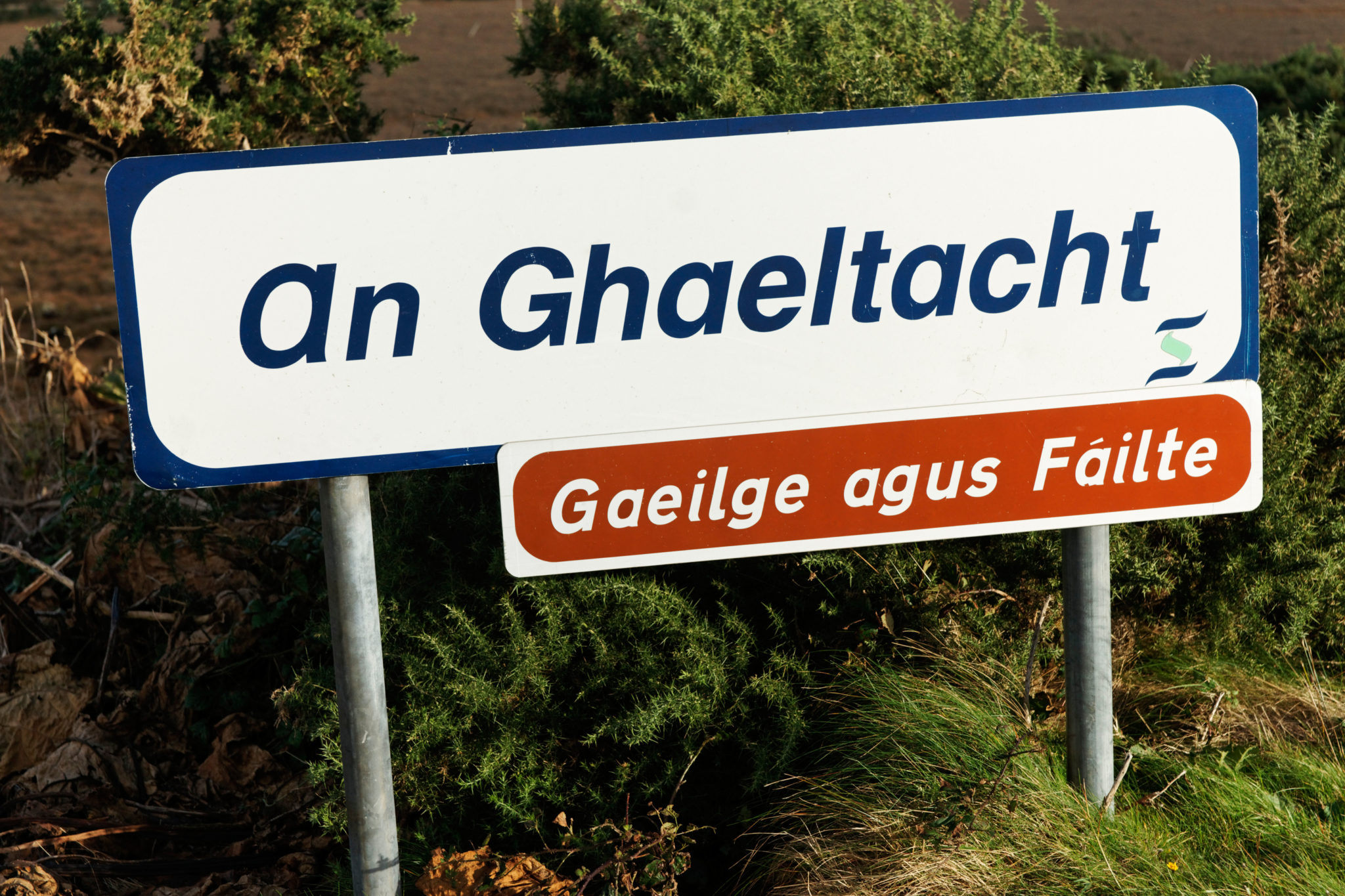More State funding is needed to ensure that children in poverty have “equal access” to summer courses in the Gaeltacht, Conradh na Gaeilge has said.

A summer in the Gaeltacht is a right of passage for teenagers across the country but courses are expensive and some charge over €1,000.
The State funds a “small scholarship scheme” for students who cannot afford the fees and Conradh na Gaeilge wants it expanded.
“There’d be less than 1,000 scholarships available,” General Secretary Juliann de Spáinn told Newstalk Breakfast.
“That’s not very much when you think about the amount of students who are of that age and would want to go to the Gaeltacht.”
The organisation is calling for an expansion of the scholarship scheme that would make the Irish language accessible to all young people who wish to experience it.
“We need to have a proper scholarship scheme to actually ensure that anybody who wants to go to the Gaeltacht, can go to Gaeltacht in the future,” Mr de Spáinn said.
“That would be an investment of somewhere around €10 million… would provide spaces for about 10% of the students that would be officially in poverty and they would have the opportunity to go to the Gaeltacht.
“Second thing would be, there would be half-scholarships for parents who do find it hard to send their children to the Gaeltacht as well - because [the courses] are expensive.
“It is a big decision to send your children to the Gaeltacht but we think everybody should have that opportunity.”
A sign on Achill Island, County Mayo, Connaught, Ireland.
Another way to boost the summer college industry would be to increase payments to Mná and Fir Tí, which Mr de Spáinn described as “very low”.
“What we see more and more of is if those Mná and Fir Tí were actually to take people in for BnB, for example, they’d have less responsibility and they’d have more income,” he said.
Housing issues, he said, are also preventing many people from becoming Mná and Fir Tí - something that poses a long-term threat to summer colleges.
“We need to provide them with better income during the summer but also help them when they’re fitting out their houses as well,” he said.
“There’s huge planning issues - like there is anywhere in rural Ireland - but there’s huge planning issues for young people who want to set up in the Gaeltacht… They can’t get planning permission.”
There were 623,961 daily Irish speakers in the State at the time of the 2022 census, according to the CSO.
Main image: A sign welcoming people to the Gaeltacht. Picture by: Alamy.com




























